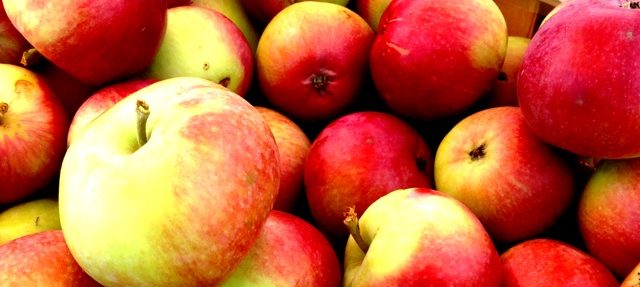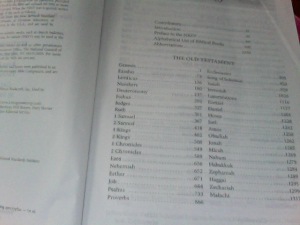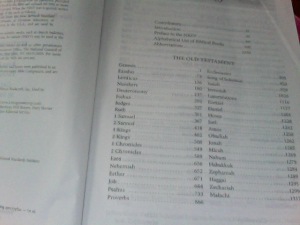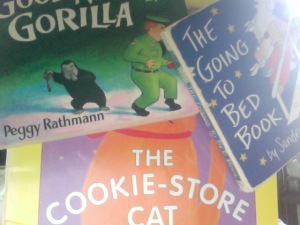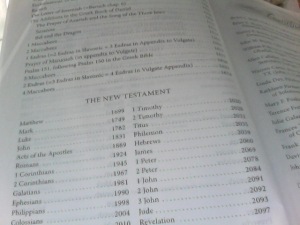Readings: Psalm 124; Genesis 8:1-19; Romans 6:1-11
What then do we say? Should we continue in sin in order that grace may abound? By no means! How can we who died to sin go on living in it? Do you not know that all of us who have been baptized into Christ Jesus were baptized into his death? Therefore we have been buried with him by baptism into death, so that, just as Christ was raised from the dead by the glory of the Father, so we too might walk in newness of life. For if we have been united with him in a death like his, we will certainly be united with him in a resurrection like his. We know that our old self was crucified with him so that the body of sin might be destroyed, and we might no longer be enslaved to sin. For whoever has died is freed from sin. But if we have died with Christ, we believe that we will also live with him. We know that Christ, being raised from the dead, will never die again; death no longer has dominion over him. The death he died, he died to sin, once for all; but the life he lives, he lives to God. So you also must consider yourselves dead to sin and alive to God in Christ Jesus. Romans 6:1-11
I admit it seems odd: all this talk about sin and death and even resurrection when we are supposed to be thinking about a birth of a baby in a stable, surrounded by shepherds and magi and celebrated by a heavenly host. It might cause you to wonder what was going on in the heads of those who chose this passage to be read during Advent. What kind of malcontents insist on putting a damper on this holiday season, when the new regime has promised us that even store clerks will be able to say “Merry Christmas” once again? But I think they knew what they were doing and what they were doing is particularly important for us in these days. It’s not the baby that should be our focus in these days before Christmas: it’s the incarnation. And that’s why death and sin and resurrection are all important to keep in mind in this season when we are plagued by persistent pulls toward petty piety.
I have often thought I would like to play a video of a real birth at a Christmas Eve service. It would help us ground the birth of Jesus in the often harsh realities of the real world. Mary may well have pondered many things in her heart that night, but it was only after she had endured real pain and worry and fear. And that is what incarnation is about. It is about God coming to the pain of our lives. It is about God becoming part of a world in which worry and fear are never far from us. It is to suffer and to die. But as this passage from Romans reminds us, it is also to be raised from the dead and to walk in newness of life. The truth is we can truly experience that newness of life only after we know the reality of pain and suffering and fear. This Advent, let’s understand that this is at least part of what preparing for the birth of Christ is all about. It is only through the pain of childbirth that new life happens. So, let’s acknowledge the concerns and worries we have for ourselves, for those we love, for our world that are part of living in these days. We don’t need to wallow in them, but neither should we ignore them, thinking that somehow they undercut the merriness of Christmas. They are, after all, the reason we need a savior. The incarnation reminds us that God is with us in our all our concerns and worries and suffering, so it is possible to face them. And God leads us through all this to new life. This is our faith. This is our incarnation/resurrection hope.
Come, Lord Jesus, Come.
Offered by Jeff Jones, author, teacher, seeker of the Christ Child.
